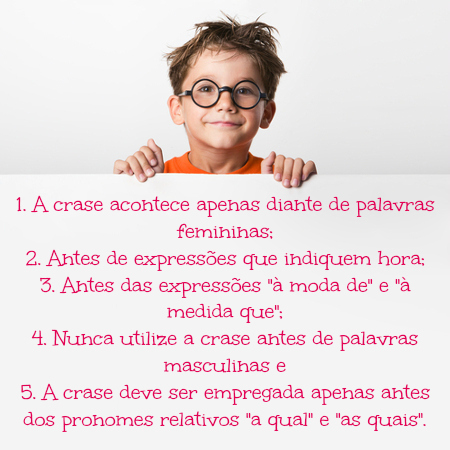When we study the various subjects related to the dear language we speak, we notice the similarity between them, which is why a lot of confusion can suddenly appear. So, so that you can understand it perfectly, we're back to that notion related to the fact that in the case of of those little rules expressed by grammar, one fact is related to another, just like that, as a kind of succession.
So much so that to understand why the differences exist between the article and the personal pronoun, we have to review the concepts related to the direct object and the indirect object. Have you forgotten about them? Well, don't worry, just access the text "Direct object and indirect object”.
Well, let's go to the examples, which in a few moments we will feel able to establish the differences between one and the other:
I have read O book that the teacher indicated.
As you can see, the noun is accompanied by a term, do you know what it is?
The “O” that, in this case, is classified as an article, because in addition to accompanying the noun, it indicates that it is a specific being in the species.
Now, if we said:
I have read-O.
We ask you: who is the “o” replacing?
Now, the noun book, but now it replaces it, no longer accompanies it. So, when we ask the question to the verb: What did I read? THE BOOK.
Here it acts as a direct object, as it completes the meaning of a verb without the presence of the preposition.
Therefore, there is no doubt: it is classified, now, as a personal pronoun, of the oblique case, obviously.
Take the opportunity to check out our video lesson related to the subject:

